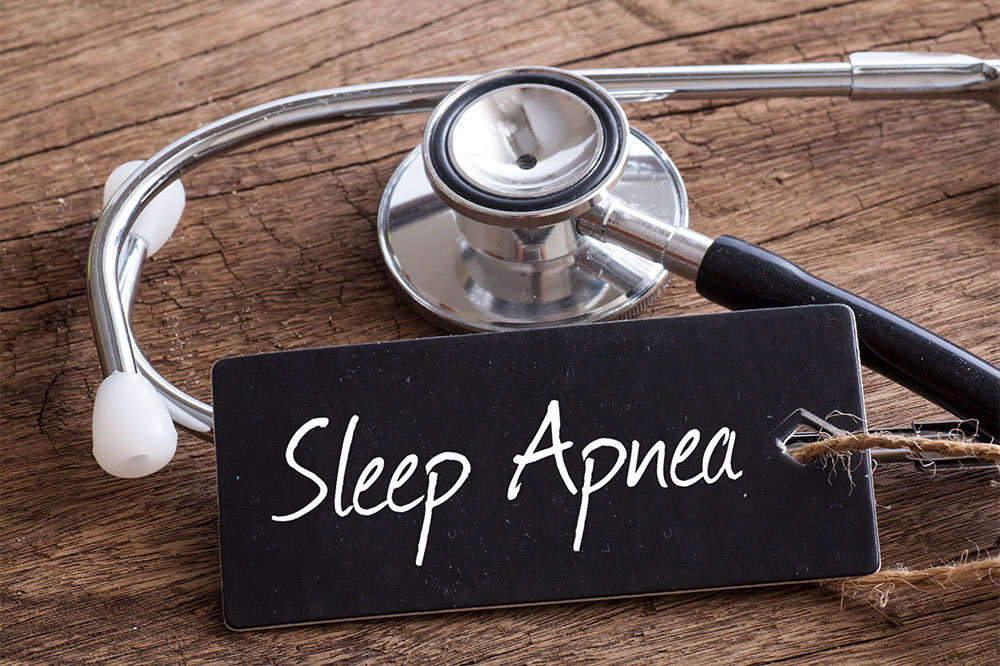
4 ways to manage sleep apnea
Sleep apnea is when a person’s breathing is interrupted while they are asleep, i.e., it stops and starts during sleep, and as a result, leads to them waking up with gasps every few hours. Disturbed sleep is a breeding ground for several other illnesses that can be triggered due to your body being under constant stress. People with a lack of sleep can be at higher risk of mental health complications, heart failure, weak immune systems, and even memory loss. Some lifestyle changes can help tackle sleep apnea.
Room humidifier
Some places have particularly dry air, which can be an irritant to those already struggling to breathe properly. With the use of humidifiers, the air is moisturized, and it helps keep the airways open, allowing for easy breathing. If you are grappling with managing your sleep apnea, investing in a room humidifier may be helpful. You may also add some essential anti-inflammatory oils like lavender or eucalyptus that will help you sleep better.
Oral appliances
One of the easiest ways of managing sleep apnea would be to use oral appliances made specifically for this condition. These appliances reposition your jaw or your tongue in a way that does not obstruct your airway while you are asleep. While it is easy to purchase these over the counter, there are also options to customize them. Your family dentist will be able to help you with a custom fit that works best for you.
Regular activity
Exercise helps in keeping your body healthy and potentially decreases several risks of many diseases, including sleep apnea. With regular activity, the heart gets stronger, stamina increases, and airflow is easy in the nasal passage. In fact, those with sleep apnea should work on some breathing exercises like those shown in yoga to help manage this condition. Yoga helps improve the oxygen levels in the body, which can be extremely helpful in undisturbed sleep.
Healthy weight
Apart from other well-known health complications that obesity causes, one involves obstructed airways. Due to fat, especially in the upper body, the narrow nasal passage leads to irregular breathing and discomfort. This can be treated by working on losing weight that suits your age and height. Maintaining a healthy weight is one of the most effective ways to manage sleep apnea. In fact, for some, sleep apnea completely disappears once the excess fat has gone. However, the condition may come back if the weight comes back on.


